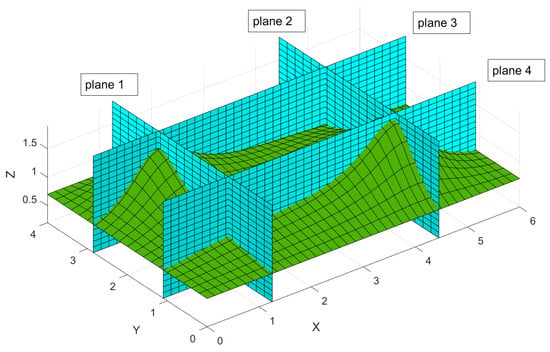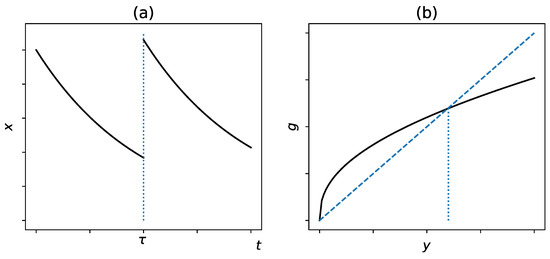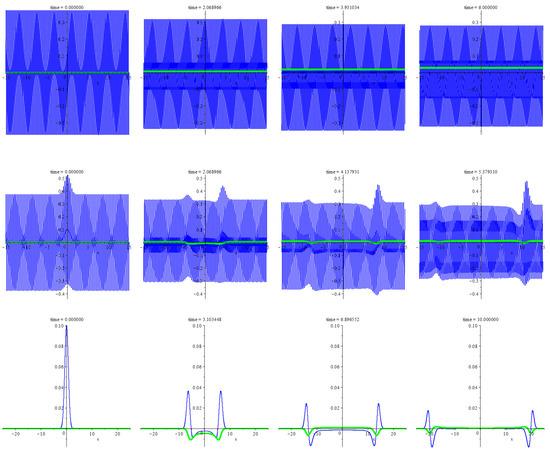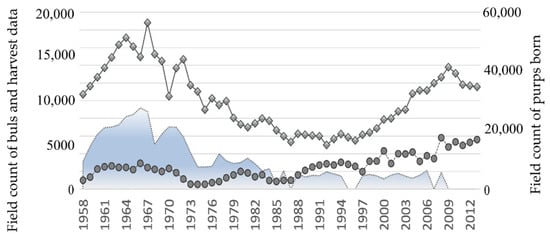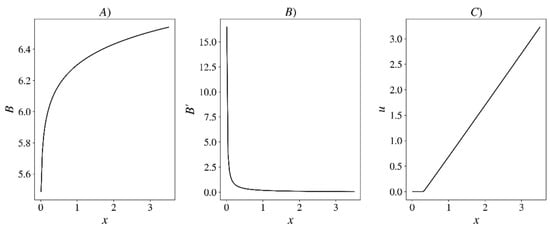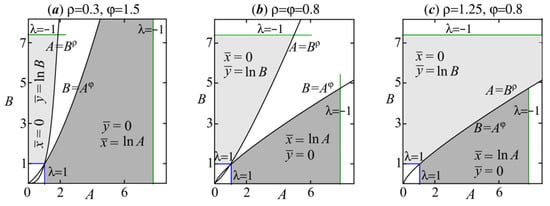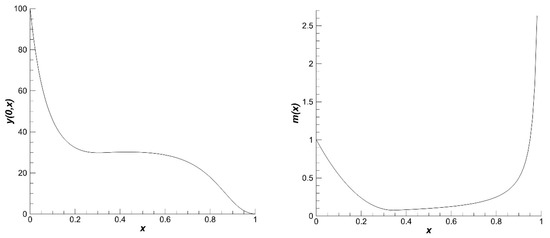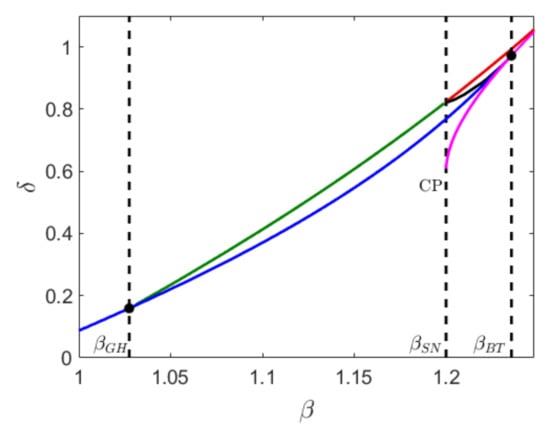Theoretical and Mathematical Ecology
A topical collection in Mathematics (ISSN 2227-7390). This collection belongs to the section "Mathematical Biology".
Viewed by 22683Editor
Interests: mathematical and theoretical ecology; spatiotemporal models of population dynamics; predator–prey interactions; models of animal movements; biological control; demogenetic models
Special Issues, Collections and Topics in MDPI journals
Topical Collection Information
Dear Colleagues,
Mathematics provides the most compact way of formulating theoretical knowledge and hypotheses, and ecological theory is not an exception. General laws of ecosystems’ functioning are formulated as theoretical models. Modern “Theoretical and Mathematical Ecology” began with seminal works of A. J. Lotka, V. Volterra, R. A. Fisher, V. A. Kostitzin, G. F. Gause and of other authors who have developed classical models that became a starting point for further studying of natural ecosystems. Confronting models with empirical data is the only way to test theoretical hypotheses to understand whether the theory should be improved, modified or rejected. Highlighting contradictions between natural observations and properties of mathematical models greatly stimulated the development of predation theory, theory of harvesting, theory of biological control of pests and weeds, theory of spatiotemporal population dynamics, theory of animal movements, theory of collective animal behavior, theory of natural selection and evolution. However, many interesting and urgent fundamental problems of “Theoretical and Mathematical Ecology” still remain unsolved, awaiting novel mathematical models and original approaches to the modelling investigation.
The purpose of this Topical Collection is to select and publish original research articles, review papers, and perspective papers, presenting achievements in the theory and applications of mathematical models in various fields of Theoretical and Mathematical Ecology.
Prof. Dr. Yuri V. Tyutyunov
Collection Editor
Manuscript Submission Information
Manuscripts should be submitted online at www.mdpi.com by registering and logging in to this website. Once you are registered, click here to go to the submission form. Manuscripts can be submitted until the deadline. All submissions that pass pre-check are peer-reviewed. Accepted papers will be published continuously in the journal (as soon as accepted) and will be listed together on the collection website. Research articles, review articles as well as short communications are invited. For planned papers, a title and short abstract (about 100 words) can be sent to the Editorial Office for announcement on this website.
Submitted manuscripts should not have been published previously, nor be under consideration for publication elsewhere (except conference proceedings papers). All manuscripts are thoroughly refereed through a single-blind peer-review process. A guide for authors and other relevant information for submission of manuscripts is available on the Instructions for Authors page. Mathematics is an international peer-reviewed open access semimonthly journal published by MDPI.
Please visit the Instructions for Authors page before submitting a manuscript. The Article Processing Charge (APC) for publication in this open access journal is 2600 CHF (Swiss Francs). Submitted papers should be well formatted and use good English. Authors may use MDPI's English editing service prior to publication or during author revisions.






